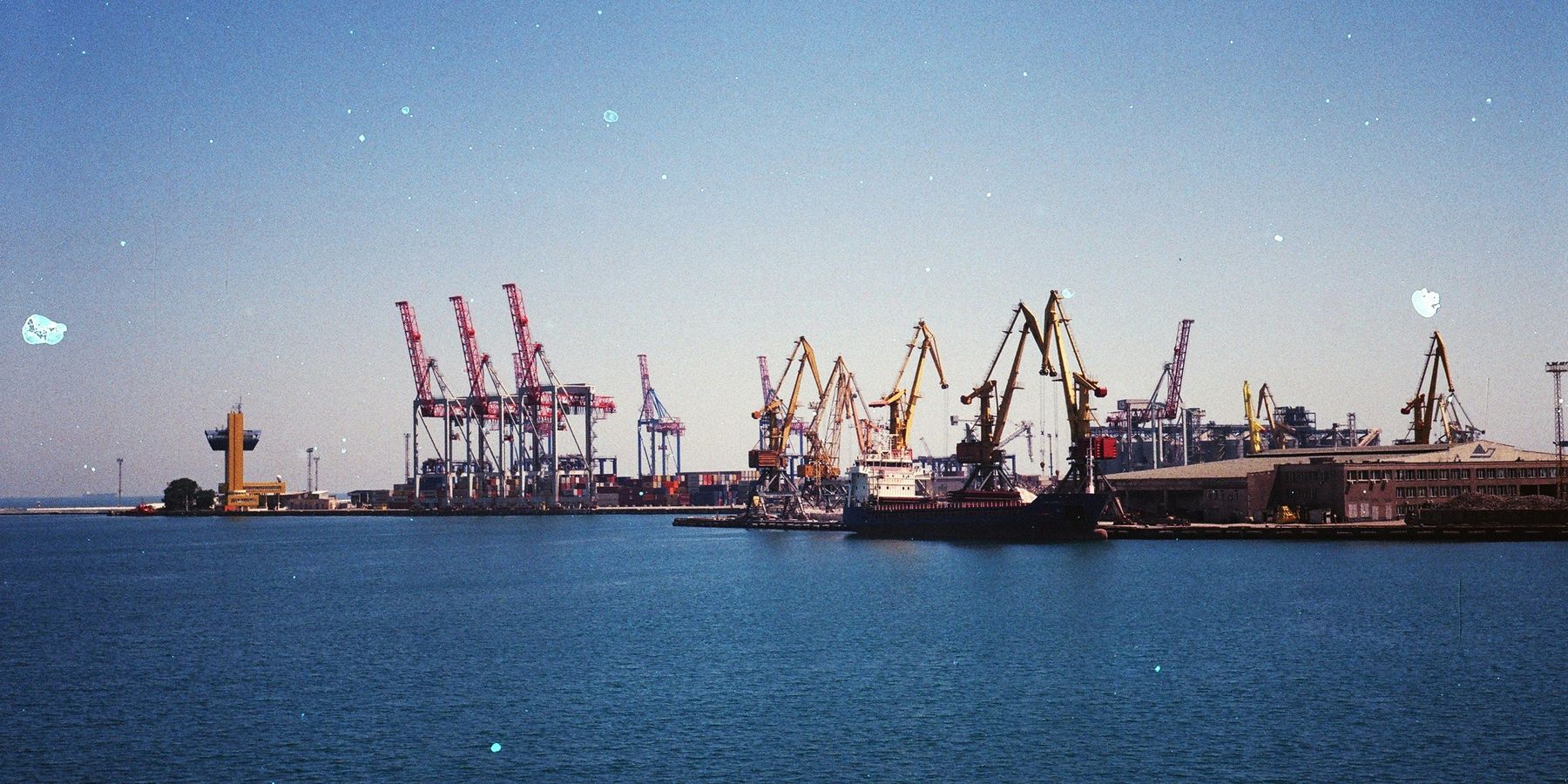
Patagonia oil export terminal plan alarms scientists and residents over wildlife threat
Residents, scientists, and tour operators in Patagonia are warning that Argentina’s planned largest crude oil export terminal could devastate marine ecosystems, harm endangered species, and threaten local livelihoods.
Harriet Barber reports for The Guardian.
In short:
- The Vaca Muerta Sur project, led by YPF with Shell and Chevron, will build a 271-mile pipeline to transport up to 700,000 barrels of oil per day to a new terminal at Punta Colorada.
- Experts fear oil spills, increased ship traffic and industrial noise could harm whales, penguins, sea lions, and other wildlife in the San Matías Gulf, a UNESCO World Heritage site.
- Local fishing and tourism-based communities warn that pollution could destroy their economies and health, while public opposition has faced intimidation and limited opportunities for input.
Key quote:
“It will have a disastrous impact on biodiversity, from the smallest marine life up to the whales and orcas.”
— María Leoní Gaffet, co-director of Península Valdés Orca Research
Why this matters:
Large-scale oil infrastructure projects in ecologically sensitive coastal zones carry high stakes for biodiversity, public health, and climate resilience. Patagonia’s San Matías Gulf supports some of the world’s richest marine life, including endangered whales and vast penguin colonies, and sustains communities through fishing and tourism. Oil spills — even small, routine leaks — can strip animals of insulation, smother eggs, and poison food chains for years. Semi-enclosed waters like the gulf can trap pollutants, prolonging damage. Increased shipping traffic and industrial noise disrupt breeding, feeding, and migration, while collisions with vessels can kill whales outright.
Related: Argentina faces pivotal decision with proposed oil extraction bill













